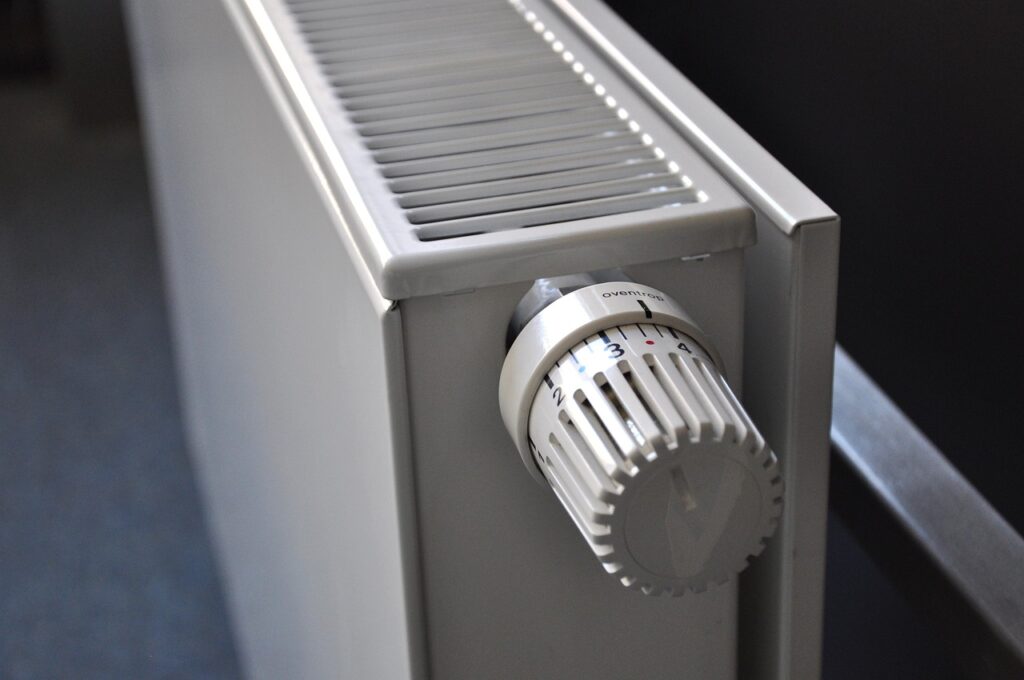Home » ISO Articles » The Clean Heat Market Mechanism Regulations 2025
The Clean Heat Market Mechanism Regulations 2025
Overview
The Clean Heat Market Mechanism Regulations 2025 are designed to incentivise the adoption of clean heating technologies, such as heat pumps and biomass boilers, in homes and businesses. These regulations aim to reduce carbon emissions in line with the UK’s climate goals by encouraging the transition from fossil fuel-based heating systems to renewable energy alternatives. The regulations provide financial incentives, market mechanisms, and support for businesses and consumers to implement clean heating solutions.
Key provisions include:
- Incentives for Clean Heating Technologies: The regulations introduce financial incentives, such as grants and subsidies, for businesses and homeowners who install clean heating systems, including heat pumps and solar thermal systems. Incentives are designed to reduce the upfront costs of installing these technologies, making them more accessible to a broader range of consumers.
- Carbon Reduction Targets: Businesses that implement clean heating technologies are required to report their emissions reductions, ensuring that they meet specific carbon reduction targets set by the government. Companies are incentivised to install systems that significantly reduce their greenhouse gas emissions, with higher rewards for systems that achieve greater reductions.
- Eligibility and Certification: Clean heat systems must meet specific standards for efficiency and emissions to qualify for incentives. The regulations provide a certification process for approved technologies and installers, ensuring quality and performance. Both residential and commercial buildings are eligible for incentives, provided they meet certain criteria such as energy performance standards.
- Monitoring and Compliance: The regulations require regular monitoring of the performance of clean heating systems to ensure they operate as expected and meet environmental standards. Businesses must comply with ongoing reporting requirements, demonstrating the continued effectiveness of their clean heat systems in reducing emissions.
The Clean Heat Market Mechanism Regulations 2025 will come into force on the 1st of April 2025 and apply to the UK.

Do the Clean Heat Market Mechanism Regulations 2025 affect my business?
The implications of these Regulations will have the far-reaching consequences on businesses, particularly for those in the manufacturing heaters and radiators, utilities supply and real estate development sectors:
- Increased Adoption of Clean Technologies: Businesses that invest in clean heating systems will benefit from financial incentives, helping to offset the initial installation costs. These systems can reduce long-term energy costs and improve sustainability profiles. Companies in sectors with high heating demands, such as manufacturing and hospitality, may particularly benefit from the adoption of renewable heating technologies.
- Compliance and Reporting Costs: Businesses will need to track and report on their energy usage, emissions reductions, and the performance of their heating systems. This may involve administrative costs related to monitoring and compliance. However, these costs are likely to be outweighed by the long-term savings on energy bills and potential government support for adopting clean heat technologies.
- Reputation and Sustainability Benefits: Companies that implement clean heating systems can enhance their corporate reputation, positioning themselves as leaders in sustainability. This can attract environmentally conscious customers and improve competitiveness in a market that increasingly values eco-friendly practices.
By offering financial incentives and support for the installation of clean heat technologies, the regulations encourage businesses and consumers to make the transition from fossil fuels to renewable heating sources. While businesses will face some compliance costs, the long-term benefits of energy savings, carbon reduction, and improved sustainability reputations will make these regulations a positive step towards a greener future.
Do I need the Clean Heat Market Mechanism Regulations 2025 in my ISO Compliance Register?
The Clean Heat Market Mechanism Regulations 2025 will impact the following businesses and sectors:
- Manufacturers and Industrial Businesses: Companies with significant heating requirements will be directly impacted, as they will need to adopt clean heating solutions to comply with the regulations and benefit from available incentives.
- Property Developers and Construction Firms: Builders and developers will need to incorporate clean heating technologies into new developments and retrofits to meet regulatory requirements and market demand for sustainable properties.
- Retailers and Service Providers: Businesses that sell or install clean heating technologies, such as heat pumps and solar thermal systems, will benefit from increased demand for these products and services as a result of the regulations.
- Commercial and Public Sector Buildings: Office buildings, schools, and hospitals will be affected by the regulations, particularly in terms of retrofitting existing systems with clean heating solutions to reduce emissions and meet energy efficiency standards.
If this includes your business then we strongly recommend including these Regulations to your ISO Compliance Register.
Legislation related to the Clean Heat Market Mechanism Regulations 2025
Legislation related to the Clean Heat Market Mechanism Regulations 2025 include:
- The Renewable Heat Incentive Scheme Regulations 2011
- The Renewable Heat Incentive Scheme Regulations (Northern Ireland) 2012
- The Renewables Obligation Order 2015
- Climate Action and Low Carbon Development Act 2015
- The Renewable Heat Incentive Scheme Regulations 2018
More information
Visit the Clean Heat Market Mechanism Regulations 2025 article on the legislation.gov.uk website.
Create an account in the ISO Compliance Register App and add this article to your Register.


